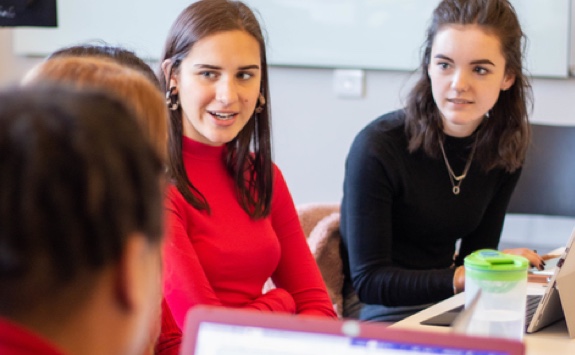Reconstructing Han Identities
An exploration of the Hanfu movement in contemporary China.
In August 2014, Dr Andrew Law was awarded grants to conduct research on Han Identities and the Hanfu Movement in Contemporary China, with the aim of investigating the rise of monolithic (or ethnocentric and possibly even racist) Han identities amongst young Chinese people. The Hanfu movement is composed of young people who regularly wear traditional Chinese clothes reminiscent of outfits worn before the Qing period in 1644.
Drawing upon fieldwork contacts made by the researcher in Beijing, Wuhan, and Xi'an in 2013, Dr Law and his research associate, Dr Qin, conducted interviews and some brief ethnographic research into the Hanfu movement over the summer of 2015.

The research project
The research investigated the symbolic meanings young people ascribe to Hanfu clothing and the practices they engage in, such as archery, traditional rituals and so on. Moreover, the research examined the role of heritage landscapes (such as Qin/Han/Tang temples/heritage parks) in the construction of these Hanfu identities and the practices associated with them.
Taking hints from the extant literature, the researchers were, at the outset, keen to understand whether Hanfu allows for the reproduction of exclusive Han identities, ethnocentrisms and racisms. As well as the academic research, the project also involved Dr Law and Ms Qin delivering a series of talks about China and the Hanfu movement to children and young adults across the North East region.
Funder: Sino-British Fellowship Trust and British Academy Award - (BA/Leverhulme Small Research Grants SRG 2014 Round) £9,863.75.
Duration: 1 September 2014 - 31 August 2016.
PI and further team:
- Dr Andrew M Law (PI) - Planning, School of Architecture, Planning & Landscape
- Ms. Qianqian Qin (Research associate) - Planning, School of Architecture, Planning & Landscape
Partners:
- Confucius Institute
- Routes into Languages North East Consortium
- School of Modern Languages, Newcastle University
